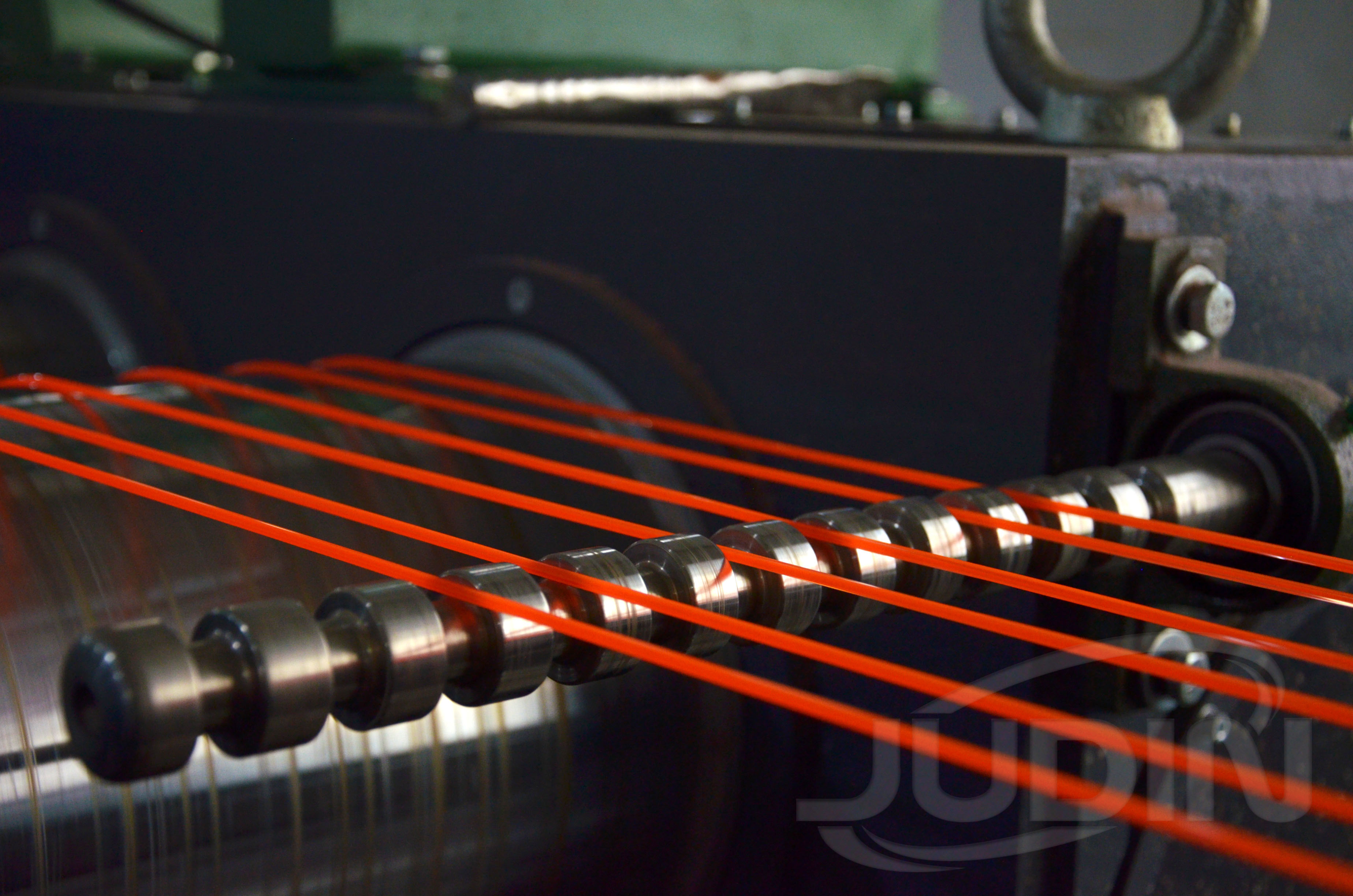The cutting line in a string trimmer does all of the hard work, slicing through tough weeds and grasses. This trimmer line is hard enough to cut through grasses, but soft enough to break against harder objects such as rocks, metal and fence posts. Trimmer line manufacturers make this cutting line out of several different materials.
Basic Trimmer Line
Most trimmers operate with an industry-standard cutting line. This line is most often made from a hardened, monofilament nylon line. These cutting lines range in diameter, which tells you how durable the lines are; the thicker the line, the less it will break. However, thicker line will require more engine power to whip the head around at a fast enough speed to cut through the blades of grasses and weeds.
Reinforced Cutting Line
Many trimmer manufacturers also make a nylon trimmer that’s reinforced with some other kind of material. Other nylon lines are reinforced internally to prevent them from breaking off as easily. Sometimes, trimmer manufacturers will mold a small amount of aluminum into the nylon line to reinforce the outer nylon material. Other line manufacturers will use composite nylon materials to reinforce their cutting line. Another option uses a polymer added to the nylon for even more reinforcement.
Trimmer Line Styles
Trimmer line also comes in a variety of different shapes for different cutting purposes. The most commonly used shape is round, which is less resistant to breakage; however, it tears at the grass more, giving it a rougher-looking finish. Other shapes include square, diamond and six-sided lines, which all have edges that cut sharper than round line. Trimmer line with edges tends to cut more strongly than round lines, but it also breaks more frequently against harder surfaces.
Other Options
Many manufacturers today offer trimmer heads that can use a variety of different cutting tools. These cutting tools often include a metal brush-cutting head. These metal blades are made with a hardened alloy and offer a sturdier and more reliable way to cut through thicker vegetation. With these blades, you won’t have to worry about replacing the nylon line. However, these metal blades are more dangerous for the operator and should be used only by trained individuals.
Post time: Oct-14-2022








